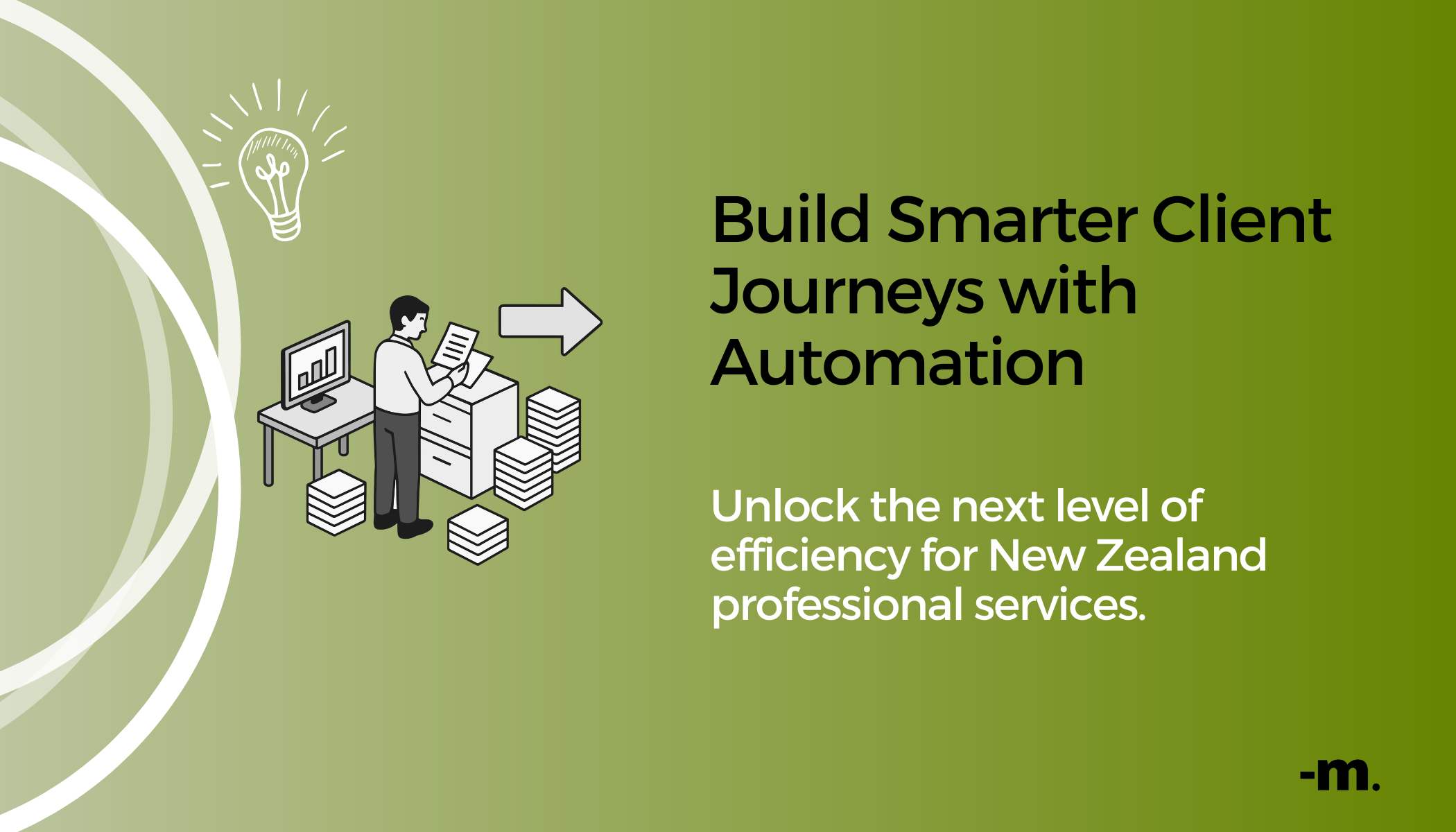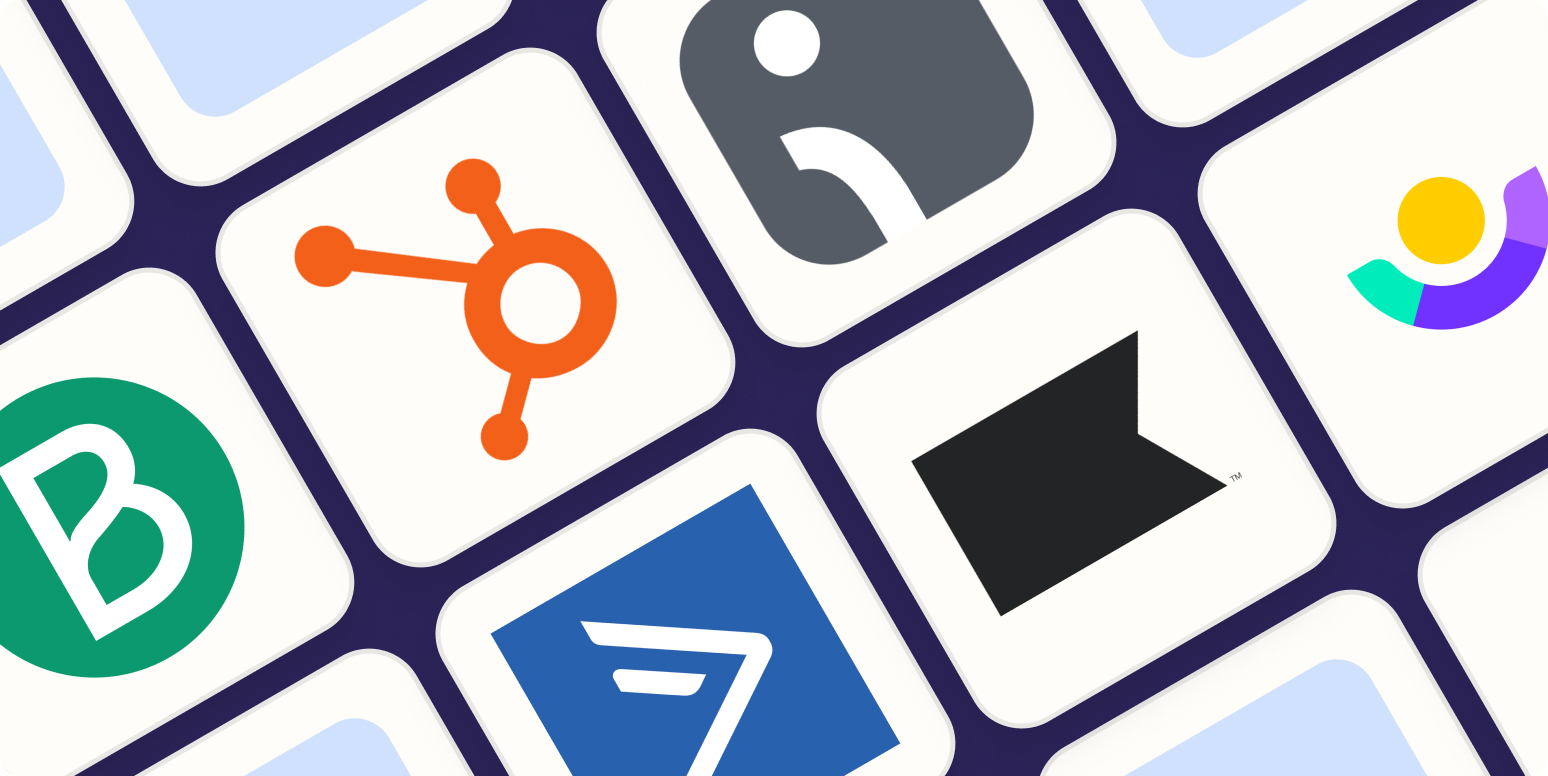Modern Marketing Automation for New Zealand Professional Services
A comprehensive guide to unlocking HubSpot CRM, triggers, and client journey mapping.
3 min read
Markezing Team : Sep 8, 2025 2:17:56 PM
Actionable AI productivity tips and essential tools for New Zealand's professional services.
Artificial Intelligence is steadily transforming how professional services operate in New Zealand. What used to be experimental is increasingly becoming expected: clients want faster responses, clearer deliverables, and more personalized service. For consultants, lawyers, accountants, and specialists, AI offers a path to meet those expectations without forcing teams to stretch beyond sustainable limits. The key is shifting from viewing AI as an interesting add-on to making it part of how work gets done every day.
Many of the biggest drains on time are subtle: drafting routine emails, chasing follow-ups, summarizing meetings, reworking documents. These tasks don’t always feel urgent, but they accumulate. Using tools like ChatGPT, Google Gemini, or similar, professionals can now get meeting summaries, draft follow-ups, or even generate first versions of proposals in a fraction of the time. Work that once took hours around formatting, structure, and phrasing can now begin with a structured draft from AI, leaving the human role to refine, contextualize, and add expertise. By reducing friction in these everyday touchpoints, teams free up mental bandwidth for higher-value work.
Putting together the right set of tools is critical. A CRM with AI features—such as automatic email draft-generation, lead scoring, or intelligent reminders—can reduce manual load. Workflow automation platforms (Zapier, Make, etc.) help connect email, calendar, project management, and document storage so that data doesn’t have to be manually moved. Generative AI tools help produce first drafts of documents, while collaboration platforms (Miro, Notion, etc.) enable teams to visualize ideas more efficiently. Analytics tools add insight—showing which clients or projects are consuming more time than they should, or where bottlenecks appear. When chosen well and integrated thoughtfully, the stack not only improves speed, it improves consistency and reduces error.
To get real impact, AI must become part of regular habits—not just occasional experiments. For example, begin your day by letting an AI assistant generate a “today’s priorities” list based on your calendar, outstanding tasks, and recent deliverables. In the latter part of the week, use AI to produce digests of what did and didn’t get done, helping you close loops before the weekend. Another practice is always starting key documents or proposals with AI-generated drafts: human judgement and editing are essential, but this approach helps reduce time spent on formatting or getting words down. Another useful approach is scheduling brief reviews of workflows: once per month, collect examples of where AI helped and where it didn’t, so that prompts, tools, or processes can be refined.
Some organizations hesitate because they worry about errors, privacy, or loss of control. One way to overcome that is through small-scale pilot projects: pick a single non-critical workflow (like internal memo drafting or client meeting summaries), test AI tools in that context for a few weeks, measure savings, assess risks, then expand into more critical or client-facing processes. Encouraging everyone—technical and non-technical staff alike—to try out AI in safe spaces builds comfort and reveals unexpected use-cases. Sharing what works (and what doesn’t) across teams fosters continuous learning and helps avoid duplicating mistakes or reinventing wheels.
Using AI comes with obligations. In New Zealand, professionals must handle personal and client data with care, in line with privacy laws. For firms in regulated sectors (especially law), professional guidelines highlight the necessity of accuracy, confidentiality, and informed consent when using generative AI. Good practice means reviewing all AI-generated content before it is shared outside the organization, ensuring sensitive information is not included inadvertently, and being transparent with clients about how and when AI is being used in their work. By being deliberate about responsibility, firms protect both reputation and client trust.
Establishing long-term impact requires both patience and structure. Begin by choosing one workflow to improve—drafting proposals, reporting status, or handling internal follow-ups, for example. Define clear metrics: how much time will be saved, what error rates are acceptable, how client satisfaction will be measured. Once improvements are proven, codify them: create prompt templates, define review checkpoints, build standard operating procedures. Over time, what was once a pilot becomes standard practice, and the organization no longer needs to reinvent its approach for every new task. The efficiencies then propagate, enhancing responsiveness, quality, and capacity.
AI presents a real opportunity for New Zealand’s professional services industry: a chance to work smarter, not harder. Those who adopt well-chosen tools, embed useful habits, and maintain high ethical standards are likely to gain momentum. It’s not about replacing expertise—it’s about amplifying it. Professionals who embrace AI thoughtfully can spend less time on routine friction and more time delivering the insight, creativity, and judgment that clients truly value. The future of work is already being shaped; the firms that respond with intention will lead.

A comprehensive guide to unlocking HubSpot CRM, triggers, and client journey mapping.

New Zealand’s farming and agricultural equipment sector is at a crossroads. As teams stretch across the country to serve dairy, cropping, and...

In the competitive markets of Australia and New Zealand, choosing the right marketing automation tool can make or break your business. Let's cuts...